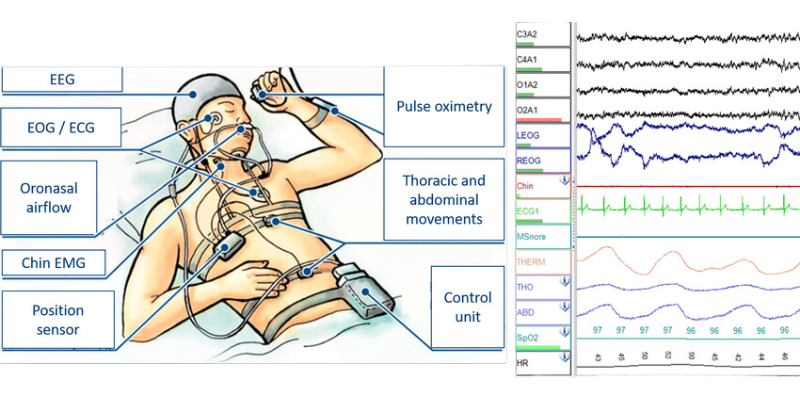Neuro & Mental Health (NMH)
Sleep and Stroke: Empirical Investigation and AI Modeling
Development of Automated AI-based Scoring for Sleep Stages & Sleep Apnea and Validation of PPG, Actigraphy against PSG and Short-term Cognitive Outcome of Sleep in Ischemic Stroke Patients. The objective is to develop a better performing deep learning framework that classifies several sleep stages using the PSG data. We also aim to learn how sleep stages correlate with the cognitive ability of an individual.

The Impact of COVID-19 on Cognition
The research project proposes collecting cognitive data at a large scale, such that the sample includes covid-recovered patients with different levels of experience, severity of COVID-19 as well as healthy controls. The proposed tasks provide us a more substantive way to assess cognitive ability than other standardized cognitive tests that are typically used to quickly assign a score that classifies patients into different levels of cognitive health. The primary outcomes are classified as follows:
- Statistical analysis of cognitive task performance comparing COVID-recovered patients and healthy.
- A report of how COVID-19 affects mental well-being.
- Identification of cognitive domains most affected by COVID-19

Music & Social Media: Characterizing Well-being of Indian Citizens during the Pandemic
The research is an attempt to coalesce multiple domains of knowledge to examine depression prevalence and build an early detection system for individuals at risk of developing depression. Due to the social stigma associated with depression, we utilize indirect measures to appraise depressive tendencies in young persons via their music listening habits and social media usage.

A study to identify neuro-cognitive markers of aging in an Indian cohort
The Healthy Aging Study is an attempt to understand the markers of aging in a healthy Indian population. Our healthy aging dataset is one of its kind datasets due to multimodal data collection (cognitive, brain imaging, blood markers, hair cortisol, and epigenetic markers) from every participant. Most international aging datasets do not encompass all 5 categories of data. In addition, we collect data from alternate decades (e.g. 20s, 40s, 60s) to study aging's effects more explicitly. Our dataset will help to understand the nature of aging in Indians when compared to other populations.

